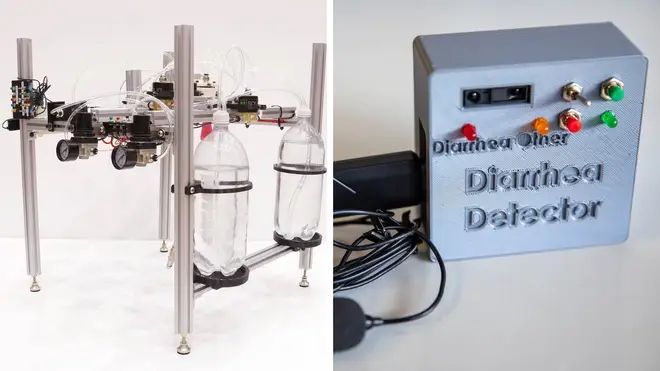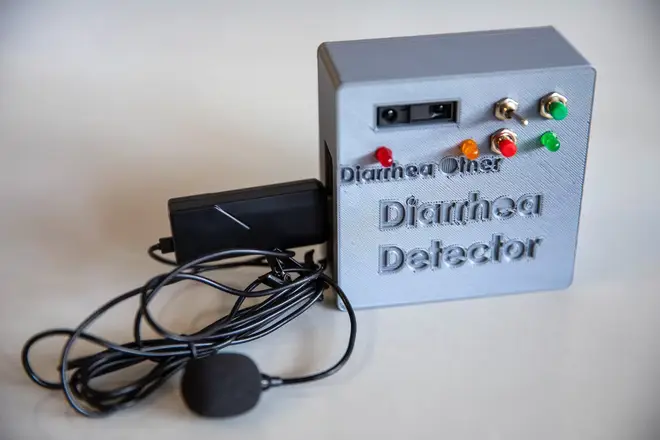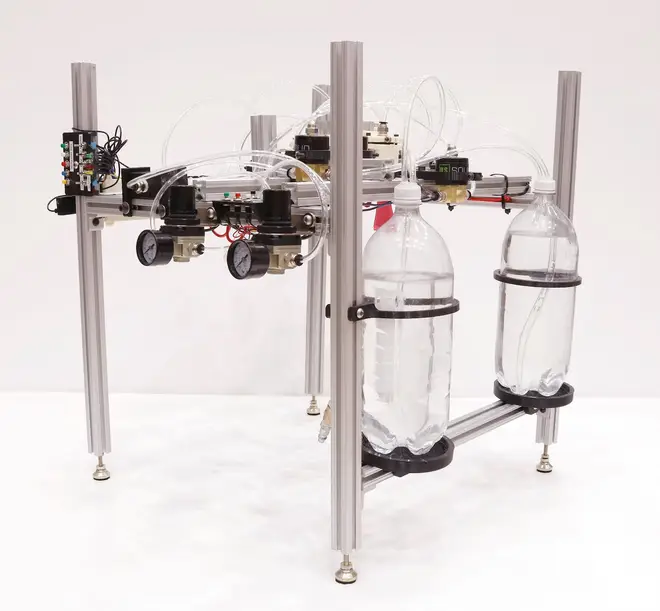
Henry Riley 7pm - 10pm
1 December 2022, 22:48

Scientists have developed a new artificial intelligence that can diagnose people with bowel cancer based on the sounds they make on the toilet.
The technology finds changes in the sounds people make when they defecate, urinate or break wind.
Scientists listened to hours of sounds of people, both healthy and unwell, going to the toilet to help develop the new AI algorithm.
David Ancalle, from Georgia Tech University, who helped develop the technology, said: "We're trying to find a non-invasive way where people can get a notification on whether or not they should go get checked out.
"Like 'Hey, your urine is not flowing at the rate that it should. Your farts are not sounding the way they should. You should check it out.'"

The system is the latest among a series of technologies built by scientists to try to detect cancer in less invasive ways. That includes tiny worms deployed by Japanese scientists to find tumours in the pancreas.
Changes in the urethra and the rectum, which can be caused by diseases like cancer, can change the way sound travels through the human body.
Researchers put together a device fitted with tubes, pumps, nozzles that replicate bathroom sounds, which they created by analysing publicly available audio and video samples of people going to the toilet.
They then fed the sound waves into a machine learning algorithm, which was able to learn from the huge amount of data they collected.

The finished device is called Synthetic Human Acoustic Reproduction Testing, or SHART. The device works 98 per cent of the time, scientists said.
The device could help scientists tackle major outbreaks of digestive diseases like diarrhoea, researchers said.
Engineer Maia Gatlin said: "A lot of thought went into each of the sounds. There was a subsystem for each sound on this little machine.

NHS faces 'worst cancer crisis we've ever known'
"And as we classify those events, we can start to collect that data. It can say, 'Hey we're seeing an outbreak of lots of diarrhoea.' Then we can start to quickly diagnose what's going on in an area'" she added.
Researchers said they built the AI for the good of humanity, with people in developing countries still plagued by colorectal diseases like cholera.
Mr Ancalle said: ‘We're not trying to come up with million-dollar equipment. We are trying to make this something that can be afforded by just everyone, particularly since the project is focused on urban areas with weak health systems. The affordability aspect is very important for us."